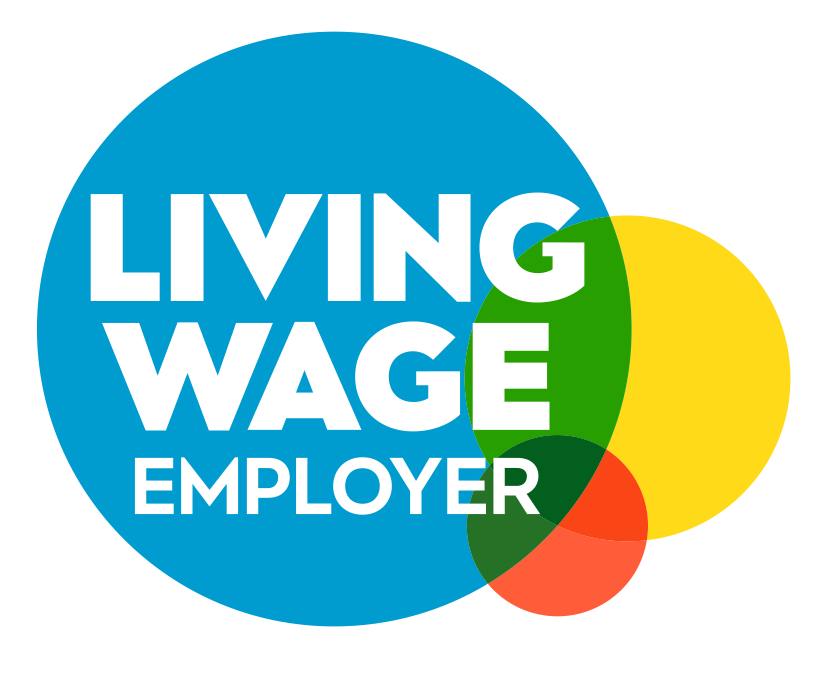After significant controversy, the gavel came down on the Global Stocktake text last week, one day after the scheduled end. With time running out to stay within the critical threshold of 1.5°C of global warming, the world has begun to interpret the successes and failures of this year’s negotiations.
Despite a flurry of critical articles ahead of the conference—largely linked to the choice of host and how it was using its presidency—COP28 was off to a good start on the first day. The ‘Loss and Damage’ fund was agreed at the opening plenary, marking an important milestone in delivering climate finance to vulnerable communities to mitigate and adapt to the impacts of climate change. The UAE led with a pledge of $100m to support developing nations. “We had a pretty damn good week here in Dubai,” U.S. Special Envoy John Kerry remarked.
After this initial victory, media speculation quickly started to circle around the issue of addressing fossil fuels in the final deal. Oil states tried to push for a deal to focus on reducing climate pollution, rather than focusing on the fuels that are causing it. Reaching an agreement to explicitly ‘phase out’ fossil fuels was never likely, but the weaker language of ‘phase down’ seemed possible.
With the final agreement now passed, media coverage interpreting the deal has started flooding our inboxes and feeds—setting the narrative and shaping public opinion. Storytelling around the climate crisis is powerful—it can push consumers in different directions. It can make the difference between people taking action or feeling completely paralysed.
Ultimately, the language in the final text calls for “transitioning away from fossil fuels in energy systems, in a just, orderly and equitable manner, accelerating action in this critical decade.” For the first time in 30 years of UN climate talks, countries have now directly addressed the transition away from fossil fuels. Given the shockwaves this presidency caused, this is undoubtedly a win!
The omission of a “phase out” is not surprising given the entrenched interests of the fossil fuel lobby. While many oil companies and petrostates spent time talking up their green credentials in the lead-up to COP28, their behind-the-scenes lobbying often didn’t line up with their public narratives. The attendance of 2,400 fossil fuel lobbyists at COP28 and the increase in government subsidies for fossil fuels from 2 trillion to 7 trillion in two years demonstrates the level of resources being deployed by and for the industry.
With long and fierce negotiations around the precise wording to guide climate action worldwide, it would seem the outcome will be an effective piece of communication providing clear objectives. But, there’s a danger that this COP deal might just become another powerful tool for storytelling at the highest level. In global climate leader Christiana Figueres’s words, “The UN is famous for its creative ambiguity” which could serve some countries. In this text every sentence, every word, matters.
Lawyer and human rights advocate, Omar Elmawi, hinted at the risk of complacency following Wednesday’s announcement: “Proposing a transition away from fossil fuels may sound like a step in the right direction, a glimmer of hope amidst chaos. However, let us not underestimate the cunning tactics of fossil fuel giants and petrostates. They will cleverly disguise their products as ‘transitional’ fuels, especially in the most vulnerable corners of our world.” The careful crafting of the final language could certainly provide some countries with the necessary loopholes if they wish to find them.
But we should find hope in the indisputable wins coming out of Dubai. The many voluntary side deals this year include pledges to triple renewable energy capacity and initiatives on cutting methane and coal power. For the first time, the importance of nature-based solutions was central to a global goal on adaptation, with the growing recognition that this fight demands nature-positivity.
So, as we monitor the global response and let the headlines roll in, it’s worth remembering that actions speak louder than words, and we will need more than clever and diplomatic language to prevent the worst impacts of climate for people and the planet.




